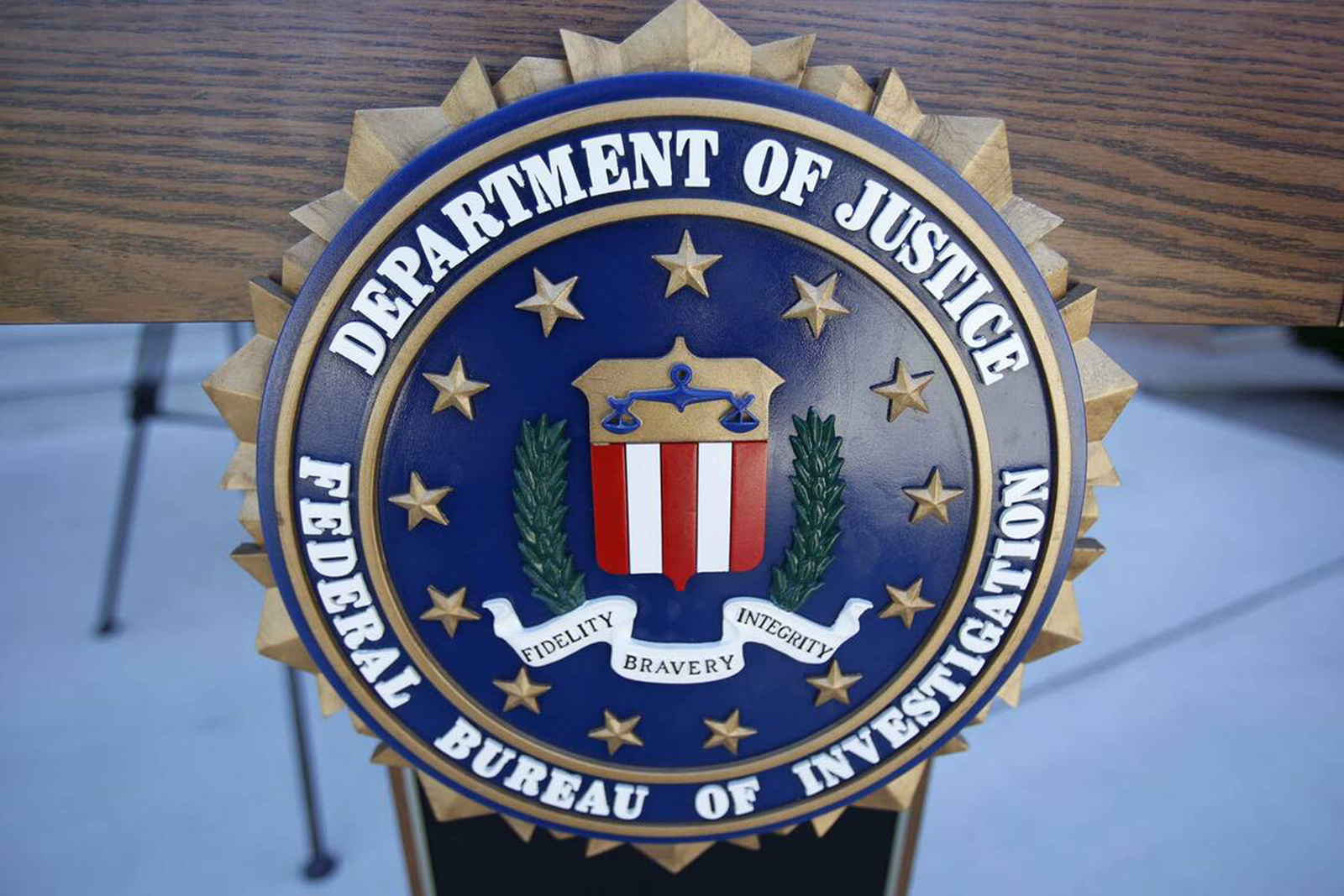The Los Angeles City Council approved a proposal to allow hobbyist beekeepers to maintain hives in their backyards. Kate Larsen reports for the NBC4 News at 5 p.m. on Wednesday, Sept. 2, 2015.
A proposal to allow hobbyist beekeepers in Los Angeles to maintain hives in their backyards was approved Wednesday by the City Council.
The ordinance won the support of the City Council's Planning and Land Use Committee last month, with the panel instructing city attorneys to prepare a final draft ordinance to be brought back to the full council. Wednesday's approval by the full council means the city attorney will now begin work on a final ordinance.
Under the draft ordinance considered by the committee, beekeeping would only be allowed in certain areas of a single-family property, essentially restricted to the backyard.
The rules also call for beekeepers to raise walls or hedges that are high enough to keep bees within their hive area and to maintain a water source near the hives so the bees would not need to venture outside of the beekeeper's backyard to get hydrated.
If the City Council approves the final ordinance, Los Angeles would join Santa Monica in legalizing so-called "backyard" or "urban" beekeeping. The hobby also is allowed in other urban areas such as New York City and Denver.
"We're not going to be bringing in more bees to Los Angeles, I think we're going to take the bees that we already have and just give them safer homes and try not to exterminate bees," said Paul Hekimian, who is a registered beekeeper in Santa Monica.
"I have a dog, two boys, a wife, and we've never gotten stung out here," Hekimian said.
Local
Get Los Angeles's latest local news on crime, entertainment, weather, schools, cost of living and more. Here's your go-to source for today's LA news.
The Los Angeles Planning Department and the City Attorney's Office created the proposed rules after the City Council ordered a study last February into ways to legalize backyard beekeeping. The council action came in response to a growing chorus of Angelenos advocating for "urban beekeeping," including from some residents in the Mar Vista area who said increased beekeeping helps to fight a troubling, downward trend in the bee population that could threaten the health of local agriculture.
Some council members voiced concerns, however, that the bees could pose a danger to residents, with then-Councilman Bernard Parks referring to the National Geographic documentary "Attack of the Killer Bees," about a dangerous variety of bees encroaching into the southern United States.
Planning officials who consulted bee experts over the last year wrote in a recent city report that the variety of honey bees used in beekeeping are "non-aggressive" but may "sting in self-defense of their hive if it is approached."
The report adds that when the bees leave their hives to collect food -- potentially coming in contact with humans -- they "do not become defensive or aggressive or have reason to sting."



